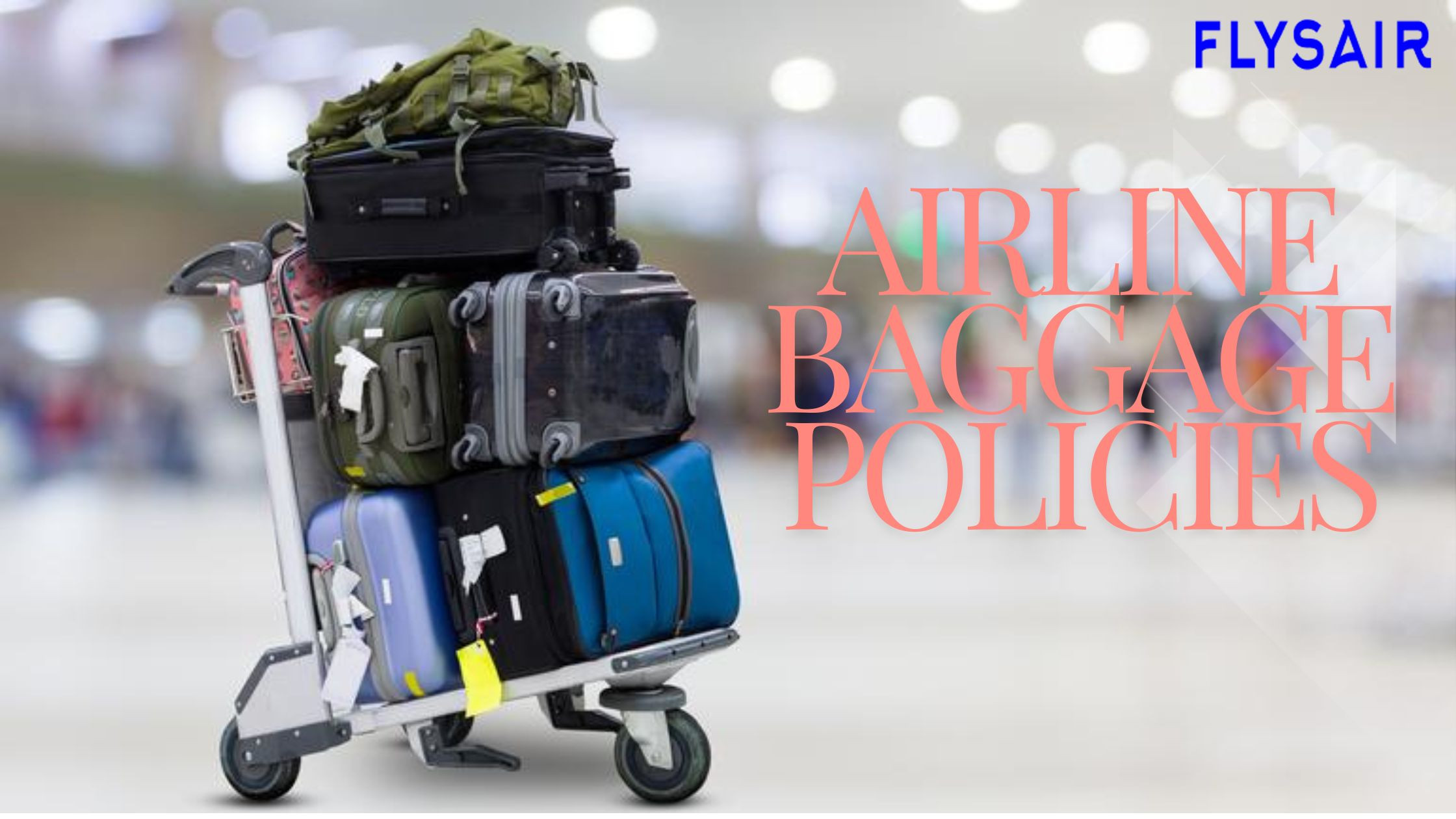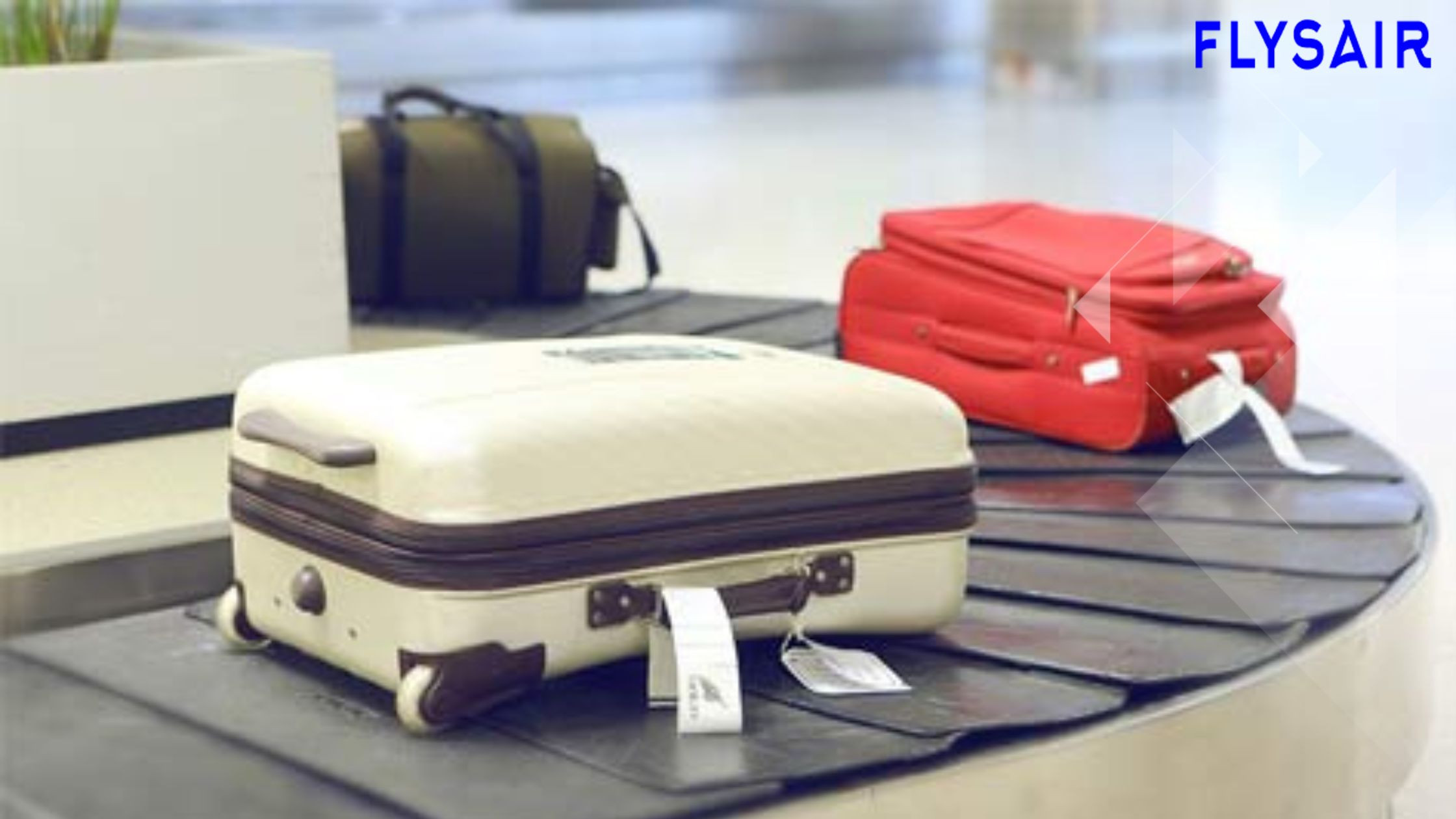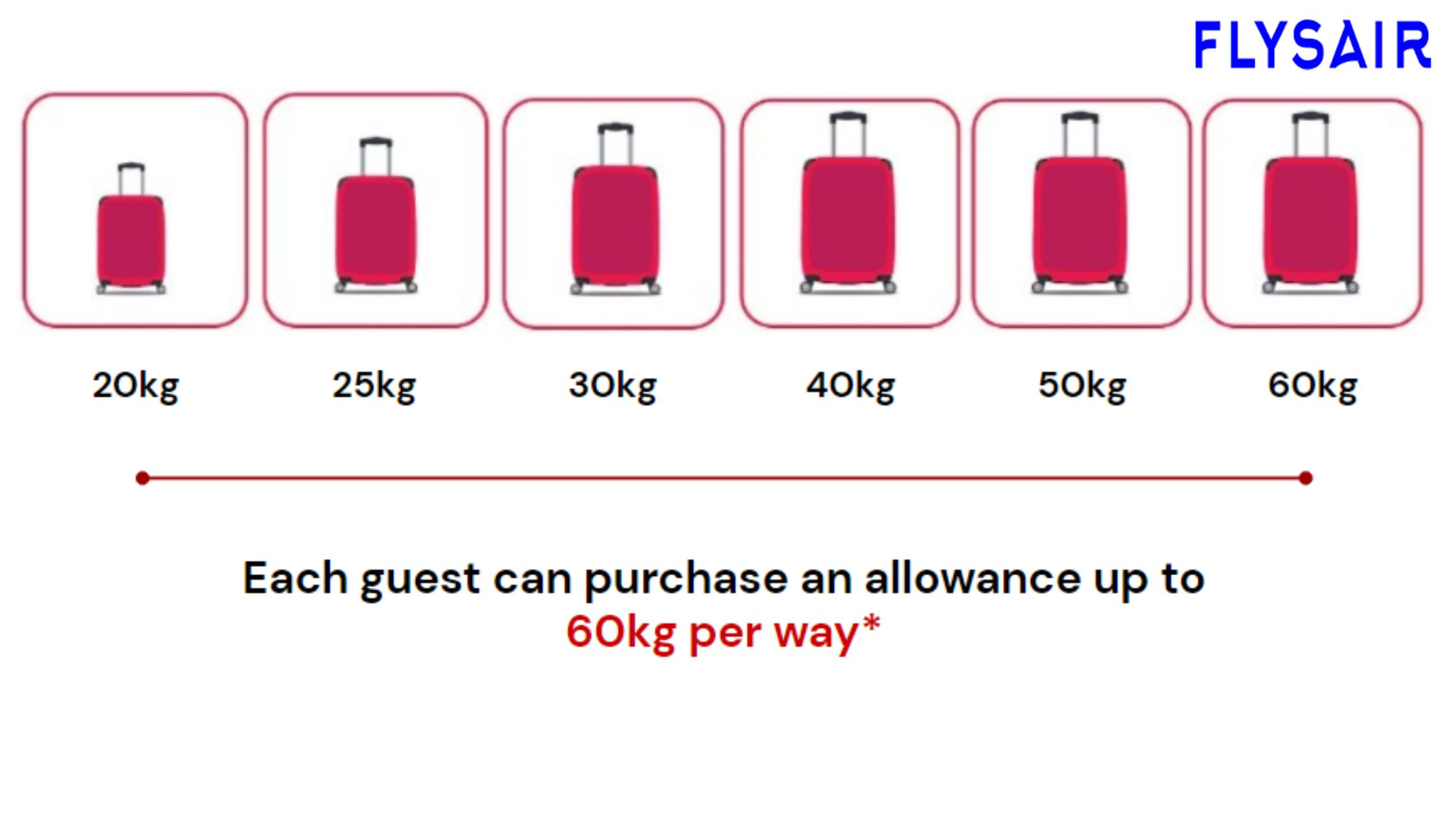A Guide to Airline Baggage Policies: What You Need to Know
Posted on June 21, 2024 by Admin

A Guide to Airline Baggage Policies: What You Need to Know
Navigating the complexities of airline baggage policies can be challenging, especially with each airline having its own set of rules and fees. Understanding these policies is crucial for a smooth and stress-free travel experience. In this comprehensive guide, we'll explore the ins and outs of airline baggage policies, helping you prepare for your next flight without any surprises.

Understanding Airline Baggage Policies
Airline baggage policies dictate the allowances and fees associated with checked and carry-on luggage. These policies vary significantly between airlines and can depend on factors such as the type of ticket purchased, the route, and frequent flyer status. Here are the key components of airline baggage policies:
-
Carry-On Baggage Allowances
Carry-on baggage policies generally allow passengers to bring one personal item and one carry-on bag. Personal items include small bags like purses, laptop bags, or briefcases that must fit under the seat in front of you. Carry-on bags must adhere to size and weight restrictions set by the airline, and they must fit in the overhead bin.
-
Checked Baggage Allowances
Checked baggage policies determine the number of bags a passenger can check in, as well as the size and weight limits. Most airlines allow at least one checked bag for free or for a fee, depending on the fare class. Additional bags usually incur extra charges.
-
Excess Baggage Fees
Excess baggage fees are charged when a passenger's luggage exceeds the allowed weight or size limits. These fees can be quite hefty, so it's essential to weigh and measure your bags before heading to the airport.
-
Special Items and Sports Equipment
Airline baggage policies often include specific rules for transporting special items like musical instruments, sports equipment, and medical devices. These items may require special handling and may incur additional fees.
-
Baggage Fees
Baggage fees can vary based on several factors, including the route, the fare class, and the airline's specific policies. Some airlines offer free baggage allowances for higher fare classes or for frequent flyers with elite status, while others charge for all checked bags.
Must Read : Top 10 Destinations to Visit in 2024
How to Avoid Excess Baggage Fees
Understanding airline baggage policies can help you avoid excess baggage fees and ensure a smoother travel experience. Here are some tips to keep your baggage costs under control:
-
Check the Airline's Baggage Policy Before Booking
Before booking your flight, check the airline's baggage policy to understand the allowances and fees. This information is usually available on the airline's website. Being informed about the policies can help you choose the best fare class and avoid unexpected costs.

-
Weigh and Measure Your Bags
To avoid excess baggage fees, weigh and measure your bags at home. Most airlines have strict size and weight limits for both carry-on and checked luggage. Investing in a portable luggage scale can be helpful for ensuring your bags meet the requirements.
-
Pack Efficiently
Packing efficiently can help you stay within the baggage allowances. Use packing cubes to organize your belongings and consider rolling your clothes to save space. Additionally, wearing heavier items like jackets and boots on the plane can free up space in your luggage.
-
Consider Shipping Your Bags
For long trips or if you have a lot of luggage, consider shipping your bags to your destination. Shipping can sometimes be more cost-effective than paying excess baggage fees, and it can save you the hassle of carrying heavy bags through the airport.
-
Take Advantage of Frequent Flyer Programs
Frequent flyer programs often offer baggage fee waivers or allowances for members with elite status. If you travel frequently, consider joining a loyalty program and working towards elite status to enjoy these benefits.
Must Read : Top Caribbean Destinations to Visit with JetBlue Airways
Conclusion
Understanding airline baggage policies is essential for avoiding excess fees and ensuring a hassle-free travel experience. By checking the airline's policy before booking, weighing and measuring your bags, packing efficiently, considering shipping options, and taking advantage of frequent flyer programs, you can keep your baggage costs under control and focus on enjoying your trip.
Faqs
-
1. What is the typical carry-on baggage allowance?
Most airlines allow one personal item and one carry-on bag. Personal items must fit under the seat, and carry-on bags must adhere to size and weight restrictions set by the airline.
-
2. How can I avoid excess baggage fees?
To avoid excess baggage fees, check the airline's baggage policy before booking, weigh and measure your bags at home, pack efficiently, consider shipping your bags, and take advantage of frequent flyer programs.
-
3. Are there specific rules for special items and sports equipment?
Yes, airline baggage policies often include specific rules for transporting special items like musical instruments, sports equipment, and medical devices. These items may require special handling and may incur additional fees.
-
4. Do baggage fees vary based on fare class?
Yes, baggage fees can vary based on the fare class, route, and the airline's specific policies. Some fare classes may include free checked baggage allowances, while others may charge for all checked bags.
-
5. Can frequent flyer programs help with baggage fees?
Yes, frequent flyer programs often offer baggage fee waivers or allowances for members with elite status. Joining a loyalty program and achieving elite status can help you enjoy these benefits and reduce baggage costs.
Recent Post
- Singapore Airlines: Tips for Booking the Best Seats in Economy Class
- The World’s Busiest Airports: Managing High Passenger Volumes
- How Airlines are Enhancing Passenger Experience with Technology
- The Impact of Low-Cost Airlines on the Aviation Industry
- Top 10 Airlines for Customer Service in 2024
- British Airways: Navigating Avios Points for Free Flights
- The Unique Features of Air France’s Premium Economy Class
- The Best Airlines for Group Travel: Discounts and Services
- Tips for Traveling with Disabilities: Airline Policies and Support Services
- How to Upgrade Your Seat Without Breaking the Bank